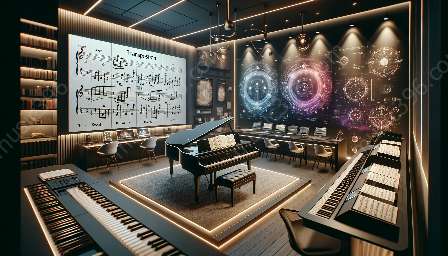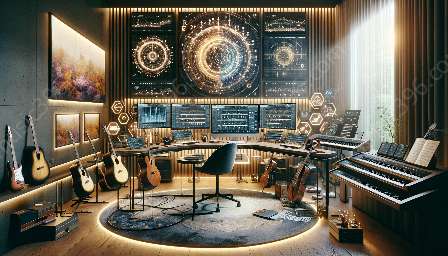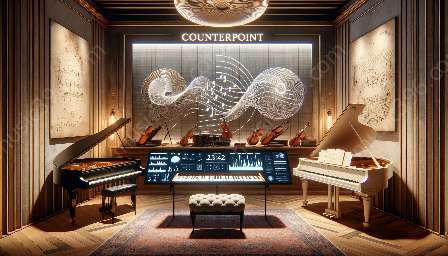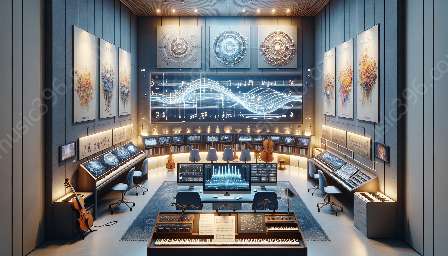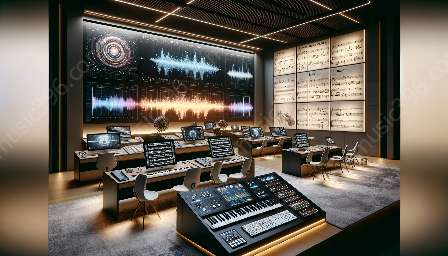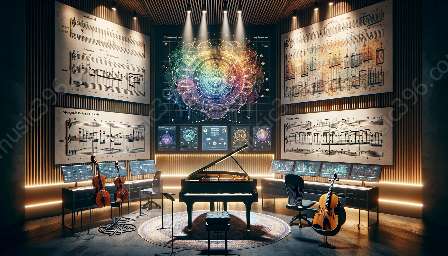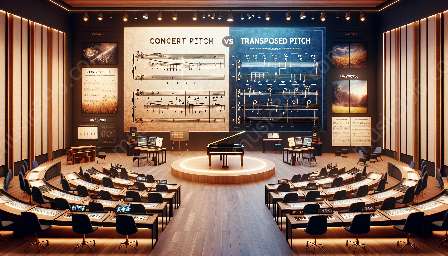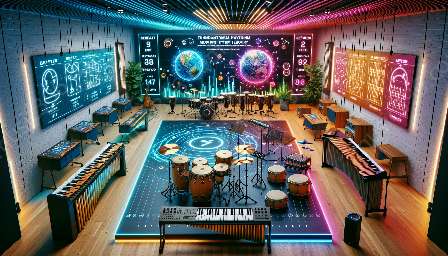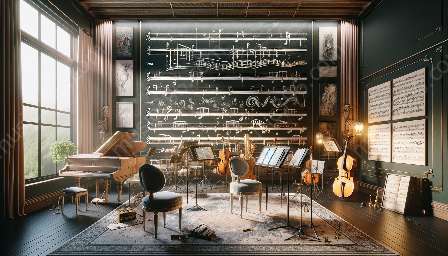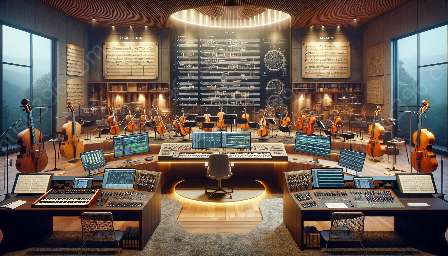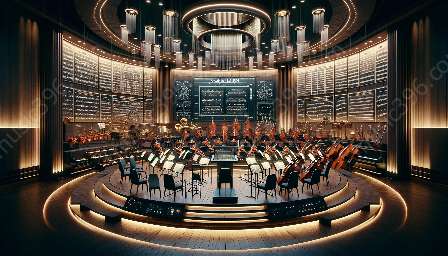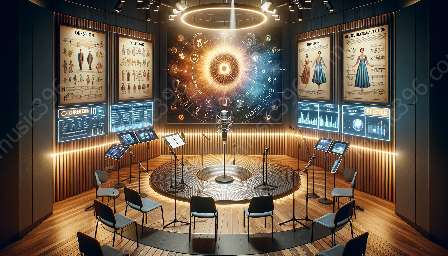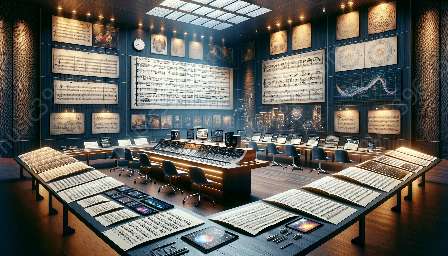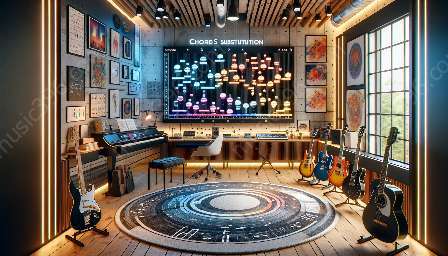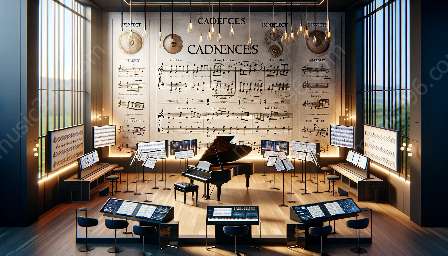Music theory and melodic composition techniques play a crucial role in the process of creating melodies that resonate with audiences. Central to this process is the consideration of instrumentation, as it has a profound impact on how melodies are constructed, arranged, and perceived. Understanding how instrumentation influences melodic composition can enhance a composer's ability to evoke specific emotions and create memorable musical experiences.
Instrumentation's Influence on Melodic Composition
Instrumentation refers to the selection and arrangement of instruments used in a musical arrangement. Each instrument has unique timbre, range, and expressive capabilities that shape the musical landscape. When it comes to melodic composition, the choice of instrumentation greatly influences the character and emotive potential of a melody. For instance, an orchestral arrangement with strings and brass evokes a different sentiment compared to a simple piano melody. Therefore, composers must consider how instrumentation can enhance or alter the impact of their melodic ideas.
Exploring Melodic Composition Techniques
Melodic composition techniques encompass a range of tools and approaches that composers employ to craft melodies. These techniques include the use of scales, intervals, motifs, and phrasing, among others. Each technique serves to shape the direction and expression of a melody, and the choice of instrumentation can significantly impact how these techniques are perceived by the audience. For example, a melody constructed using arpeggios may sound more ethereal when played on a harp compared to a guitar. It is vital for composers to leverage instrumentation to bring out the best in their chosen melodic composition techniques.
Embracing Music Theory in Melodic Composition
Music theory provides a framework for understanding the structural and harmonic aspects of music. When applied to melodic composition, music theory informs the selection of notes, harmonies, and rhythmic patterns that form the foundation of a melody. Instrumentation interacts closely with music theory, as different instruments have unique capabilities and constraints in executing theoretical concepts. Composers utilize this knowledge to create melodies that not only adhere to music theory principles but also leverage instrumentation to elevate the musical impact.
Enhancing Emotional Resonance through Instrumentation
The emotional impact of a melody can be significantly influenced by the choice of instrumentation. Certain instruments are inherently associated with specific emotions due to their timbral qualities and cultural connotations. Composers can strategically select instruments to evoke intended emotions within their compositions. For example, the warmth of a flute melody may convey a sense of nostalgia, while the vibrancy of a trumpet can evoke a triumphant atmosphere. Understanding the emotional resonances of different instruments allows composers to craft melodies that deeply connect with their audience.
Creating Memorable Melodic Journeys
Ultimately, the impact of instrumentation on the melodic composition process extends beyond individual notes and phrases. It shapes the overall journey that the melody takes the listener on. Dynamic instrumentation choices can evoke contrasting moods, build tension, and create memorable climaxes within a composition. Composers skillfully navigate the terrain of instrumentation to create melodic narratives that captivate and engage the audience, leaving a lasting impression and emotional resonance.
Conclusion
Instrumentation is a powerful catalyst in shaping the melodic composition process. It intertwines with melodic composition techniques and music theory to influence the expressive potential, emotional resonance, and overall impact of a melody. Composers who understand and harness the relationship between instrumentation, melodic composition, and music theory can craft captivating, emotionally resonant melodies that resonate deeply with audiences.










